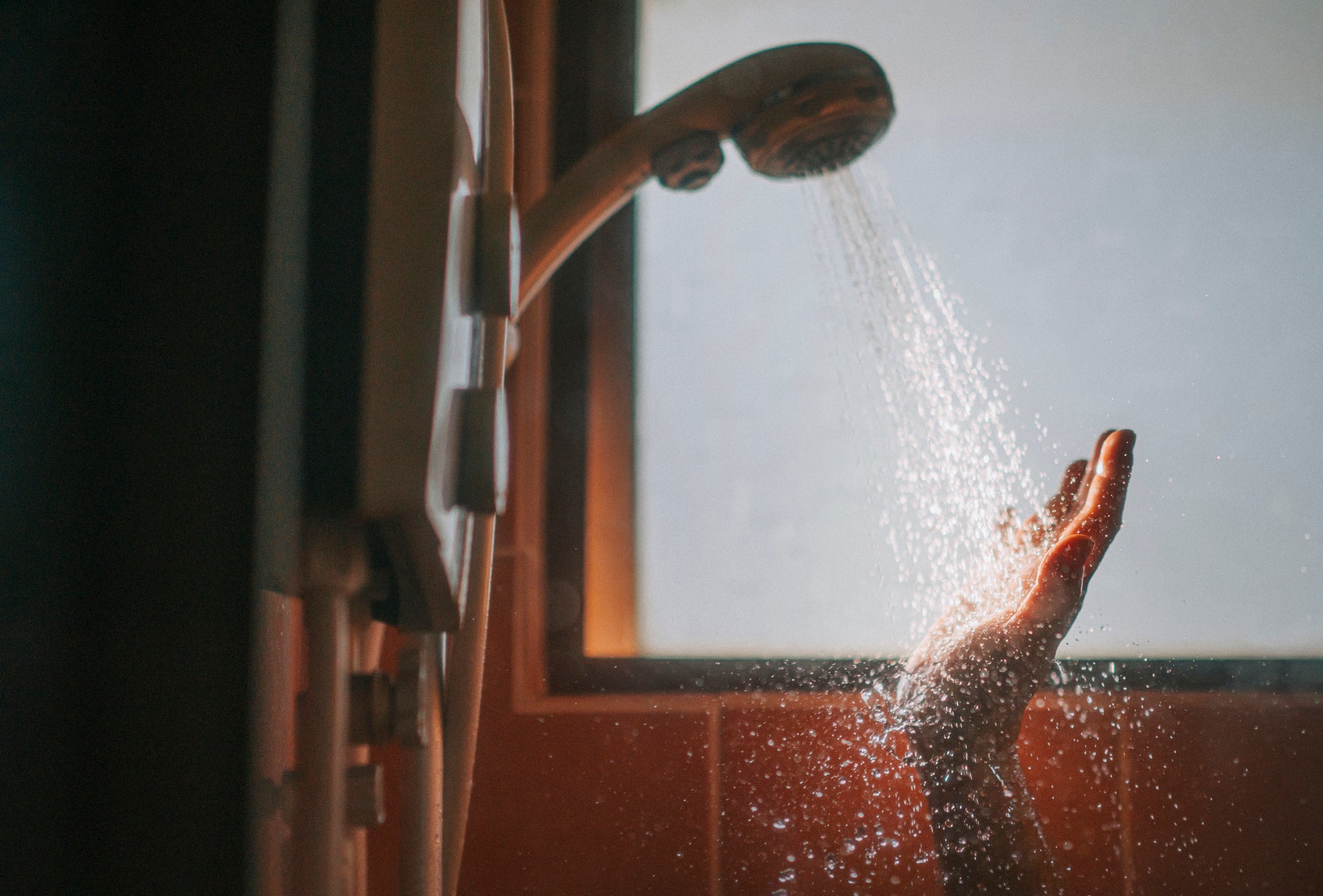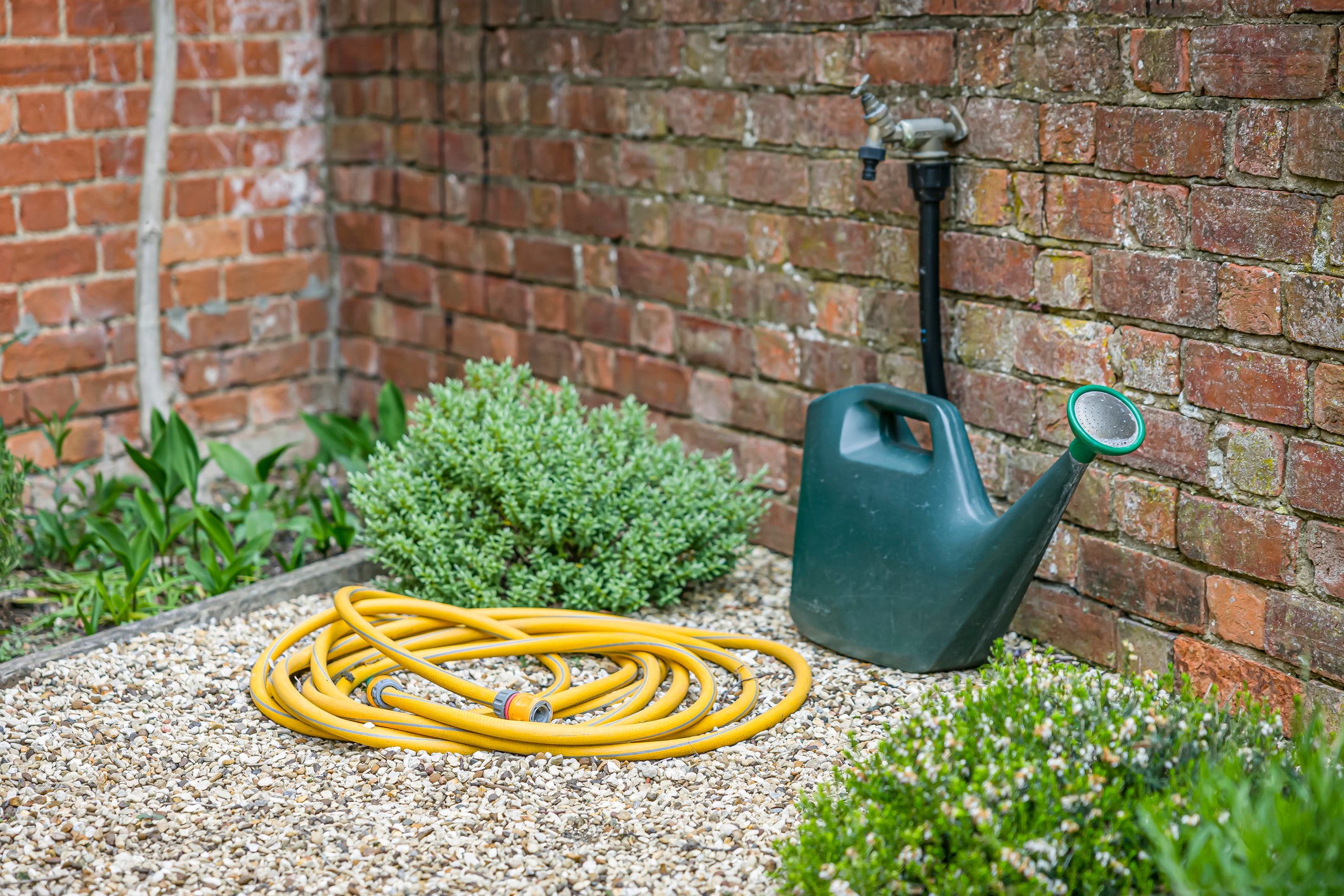Your support helps us to tell the story
From reproductive rights to climate change to Big Tech, The Independent is on the ground when the story is developing. Whether it's investigating the financials of Elon Musk's pro-Trump PAC or producing our latest documentary, 'The A Word', which shines a light on the American women fighting for reproductive rights, we know how important it is to parse out the facts from the messaging.
At such a critical moment in US history, we need reporters on the ground. Your donation allows us to keep sending journalists to speak to both sides of the story.
The Independent is trusted by Americans across the entire political spectrum. And unlike many other quality news outlets, we choose not to lock Americans out of our reporting and analysis with paywalls. We believe quality journalism should be available to everyone, paid for by those who can afford it.
Your support makes all the difference.The government is expected to declare that all or some parts of the UK are in a drought on Friday (12 August).
It comes after the Environment Agency said last month it was taking precautionary actions to mitigate impacts after most of England moved into “prolonged dry weather status” – the early stages of a drought.
On Wednesday, the environment secretary and minister Steve Double met with chief executives of water companies to discuss plans they have in place to safeguard public water supplies in case of a drought.
Double said the companies had reassured him that their water supplies are resilient, and that the country is “better prepared than ever before for periods of dry weather”.
However, he said it was important that the public “sustainably manages their water usage”.
Several water companies have introduced hosepipe bans. Yorkshire Water has announced a hosepipe ban from 26 August, while Thames Water said a hosepipe ban is “imminent”.
Southern Water has introduced a hosepipe ban in Hampshire and the Isle of Wight. South East Water’s ban comes into force on Friday and covers households in Kent and Sussex. Welsh Water’s temporary use ban begins on 19 August.
A spokesperson for the Environment Agency told The Independent: “Dry weather this year has led to receding river flows across much of England and reservoir levels falling across Yorkshire, central and south west England.
“We are working with water companies and other abstractors to monitor water resources and ensure the needs of water users and the environment are met.
“We can all do our part to use water wisely, reduce our usage and manage this precious resource,” they added.
Here’s how you can save water as the heatwave continues:
Take a quick shower instead of a bath

You can conserve more water by taking a shower instead of a bath. Having a shorter shower will also reduce the amount of water you use.
Lisa Gahan, South West Water’s director of water resources, said people can save six litres of water if they spend just one minute less in the shower.
Turn off taps
Turning off the tap when you brush your teeth, shave, or wash your hands can save up to six litres of water per minute, according to the Environment Agency.
Install a water-saving device in your toilet
Older toilet cistern models can use as much as 13 litres per flush, whilst more modern models use six litres per flush or less.
The Environment Agency recommends installing a water-saving device if you have an older cistern.
The low-cost device, which is also known as a cistern displacement device, is a bag that you can put into the cistern. It fills with water and helps reduce the amount of water used for flushing the toilet.
Some water companies will send you one for free if you live within the right catchment area and request it, such as Southern Water and Northumbrian Water.
Ditch the hosepipe

Even if a hosepipe ban has not been implemented in your local area, use a watering can instead of a hosepipe avoids wasting water.
South West Water also recommended watering your plants in the morning or evening so it takes longer for the water to evaporate and your plants can make the most of it.
If you can, install a water butt to capture rain. One water butt can hold enough rainwater to fill a watering can 25 times, which will help you avoid switching on the tap or hose to water your plants.
Avoid watering your lawn
A brown lawn might look a bit sorry for itself, but the alternative could mean wasting thousands of litres of water.
The Environment Agency said: “Watering the lawn with mains water is wasteful. Watering grass encourages shallow roots, which can make grass more vulnerable to drought.
“Grass is hardy and will grow back, even if it turns brown and is not watered during dry periods.”




Join our commenting forum
Join thought-provoking conversations, follow other Independent readers and see their replies
Comments